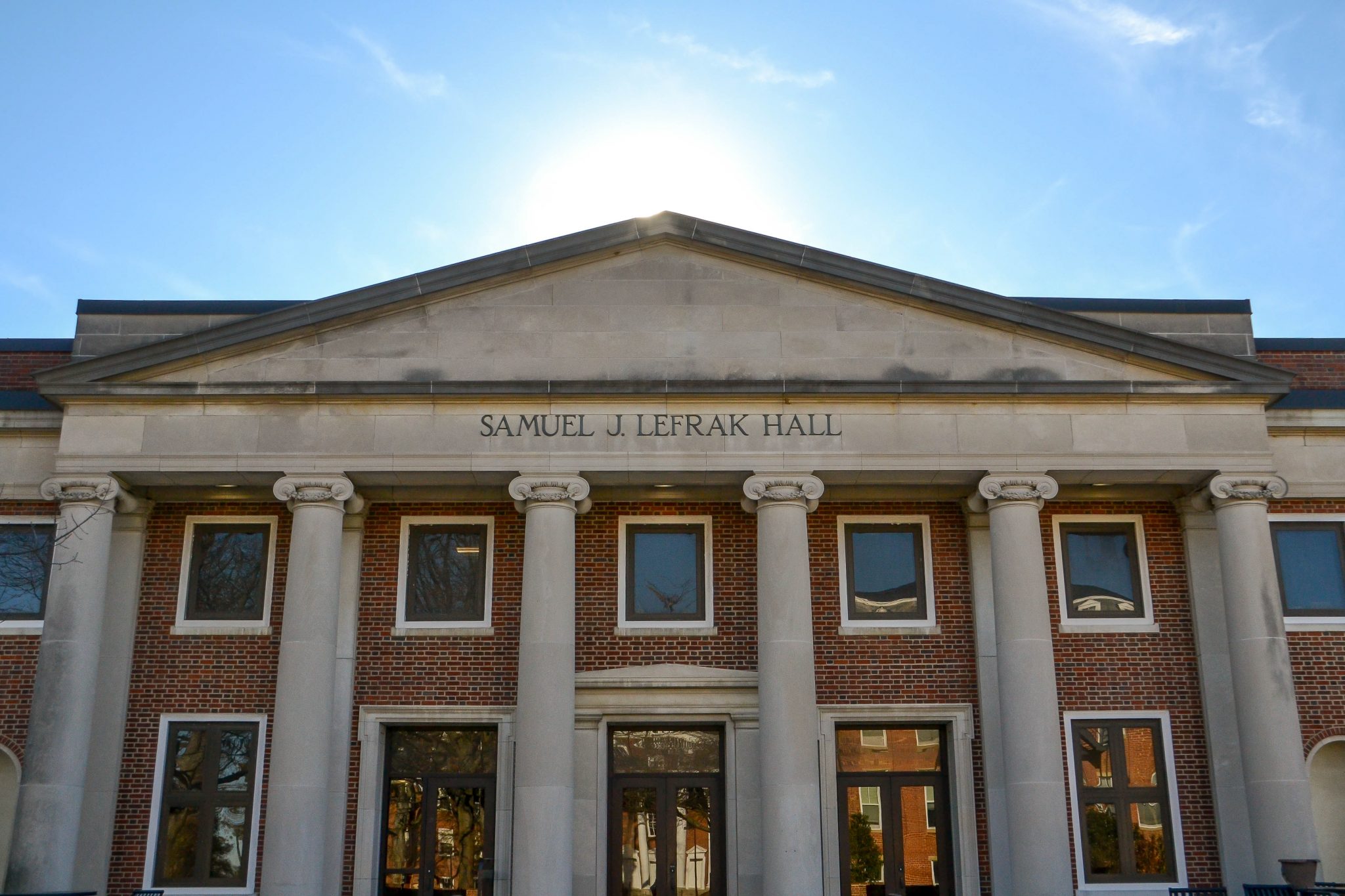By Lilly Roser
For The Diamondback
Gary LaFree was hiking in Nepal with his son when he received an unexpected phone call. He initially thought it was a prank.
“It was sort of surreal,” LaFree said. “We were way the heck up in the mountains and I thought ‘this must be a prank call from Stockholm.’ But it turned out to be real.”
The phone call notified the University of Maryland criminology and criminal justice professor that he was selected to receive the 2024 Stockholm Prize in Criminology — the world’s most prestigious criminology award. The selection was officially announced on Nov. 6.
The Stockholm Prize is awarded to “outstanding achievements in criminological research” or research that aids in crime reduction, according to Stockholm University in Sweden.
For LaFree, the award is a “book-end” to a long career in criminology.
“In the back of my mind, I had certainly hoped to win it at some point,” LaFree said. “But I figured the odds were pretty long.”
LaFree will share the award with Tom Tyler, a law and psychology professor at Yale Law School. The pair will receive a monetary prize of more than $95,000. LaFree is the third faculty member from this university to win the Stockholm Prize since the award’s inception in 2006.
After focusing on criminology for his graduate and professional career, LaFree said that it feels “really good” to be recognized for his work.
[UMD announces new undergraduate research office]
In the past, he has investigated homicides, how legitimacy influences international violence levels and understanding terrorism through criminological lenses.
LaFree has engaged in a wide range of criminology-related work, but his research about legitimacy — a population’s trust and belief in a ruling authority — is what led him to receive the Stockholm Prize.
“When there’s a kind of an attack on legitimacy, when people don’t feel the rules are fair, when they don’t trust the law, you will often get an increase in bad behavior and crime,” he said. “I’m really concerned that if the world starts to break down again into every country of the world putting themselves first and not caring what their neighbors think, that one of the consequences is going to be an increase in violence of different types, including criminal violence.”
Several of LaFree’s former colleagues and students emphasized his expertise and contributions in his field.
Brandon Behlendorf, a doctoral alum of this university and mentee of LaFree’s, said LaFree is unique because he is not afraid to explore several areas of research. LaFree’s ability to contextualize research is an important asset, he added.
“He also says, ‘what have thought leaders and thinkers in the past said about this?’” Behlendorf said. “He is constantly viewing the problems of today, not only in terms of today’s issues, but in light of the historical evolution of thought on that issue.”
Behlendorf, who is now an assistant professor for the emergency preparedness, homeland security and cybersecurity college at the State University of New York at Albany, said he would not be where he’s at today without LaFree’s “mentorship and guidance.”
“In every interaction, [he is] somebody who is thoughtful, nice, respected, and somebody who cares enough to listen to folks intently and not just tell them what they need to do,” Behlendorf said.
[UMD researchers say deer could transmit COVID-19, other respiratory viruses to humans]
Yesenia Yanez, a research assistant for LaFree and a doctoral criminology and criminal justice student at this university, said LaFree “knows everything” there is about terrorism and criminology.
Yanez also referred to LaFree as the “founder of terrorism in criminology.”
Yanez said she appreciates that LaFree allows her to explore her personal curiosities alongside the terrorism research the pair performs together. LaFree has helped her see parts of academia she would not have had the opportunity to engage with otherwise, Yanez added.
Danielle Saman, an alum of this university and LaFree’s former teaching assistant, said his Stockholm Prize is well-deserved. Saman, who now attends law school at George Mason University, said that LaFree is passionate about helping others explore their curiosities. Saman’s current national security law interests stem from her previous work with LaFree, she said.
“I remember him really taking an interest in my future educational path even if that was different from his,” Saman said. “It just showed how passionate he was in trying to help students no matter what endeavor they decide to take in the future.”
Saman also emphasized LaFree’s willingness to keep his students engaged. He is “one of the best mentors” Saman has ever had, she said.



